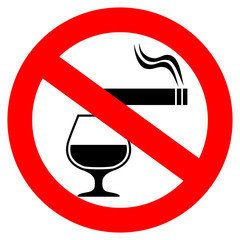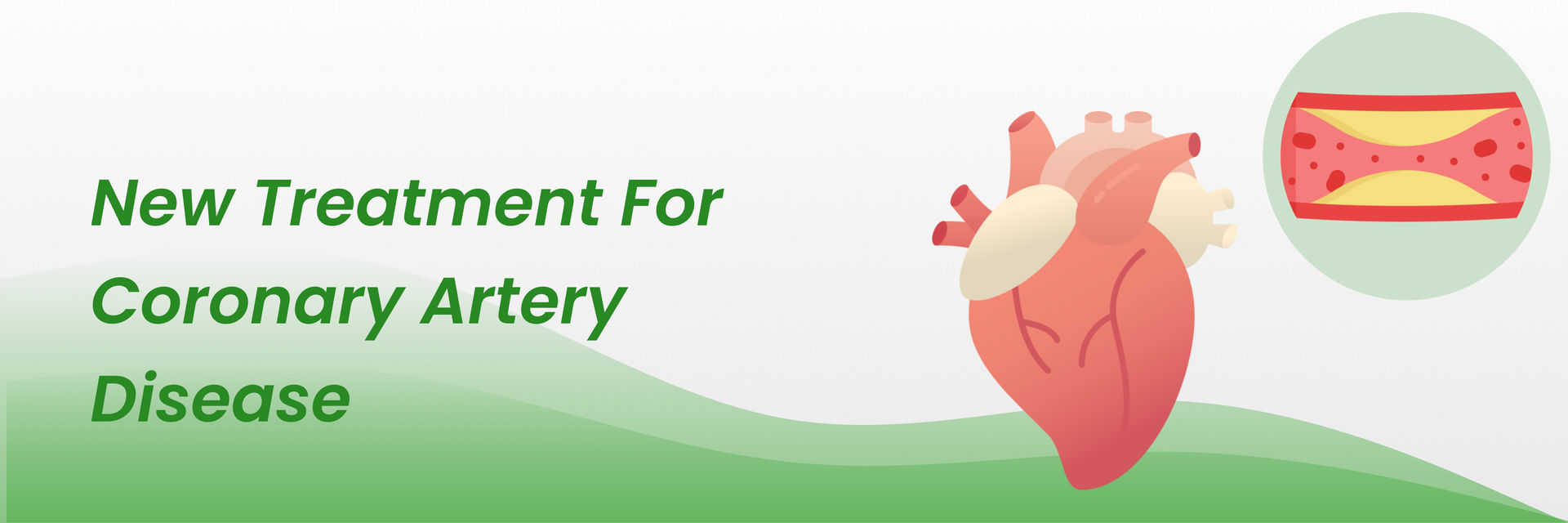Is bypass surgery advised for patients 75 or older?
Yes, with the advancements in the medical world, it is possible to get a bypass surgery at the age of 75 years.
Each year, about 400,000 people undergo bypass surgery worldwide. About 70% of patients undergoing bypass surgery are above 70 years. However, with the new advances in surgical techniques and critical care, people older than 80 years are also surviving bypass surgery.
But we need to remember that age is not the only deciding factor for bypass surgery at age 75 years or above. Some factors which affect this are:
- Overall Health Status: The patient's overall health is a critical consideration. This includes assessing the presence of other medical conditions, such as diabetes, hypertension, lung disease, and kidney disease. These conditions can impact the patient's ability to tolerate surgery and recover successfully.
- Medical History: A comprehensive review of the patient's medical history is conducted. This includes previous heart procedures, surgeries, and the response to previous treatments.

- Heart Health Assessment: Assessing cardiac function is vital for a comprehensive evaluation of your heart's health. Tests such as echocardiography and stress tests provide valuable insights into the heart's pumping ability and how it responds to stress. This valuable information allows your cardiologist to better understand and optimize your heart's performance.
- Consultation with Specialists: Collaboration between cardiologists, cardiac surgeons, and other specialists is essential. They collectively evaluate your condition and discuss the most appropriate treatment options.
- Potential Complications: Healthcare providers also assess the potential risks and complications associated with bypass surgery for the specific patient.
Apart from these, doctors will also check if you have had previous heart surgery, broader coronary artery disease, COPD or liver cirrhosis. Discuss with your cardiologist to weigh the risks and benefits of the procedure to make an informed decision.
Your health is too important to ignore – schedule your appointment now.
Are there any additional risks of bypass surgery at age 75?
In case you are considering bypass surgery at age of 75, do look at the associated risks. Some of the age-related risks could be as follows:

- Increased post-surgical complications like bleeding, infection, delayed wound healing
- Underlying cardiac and non-cardiac comorbidities like diabetes, hypertension
- Frailty
- Cognitive decline
- Longer recovery time
- Higher risk of mortality
Yes, bypass surgery is riskier for older adults, but it can still improve quality of life and life expectancy.
What are the potential benefits of bypass surgery for a 75-year-old patient?

- Improved blood flow to your heart
- Reduces your risk of heart attack
- Reduces your angina symptoms
- More active lifestyle
- Prevents the progression of your coronary artery disease.
- Prolongs your life expectancy
- Could avoid future procedures like angioplasty or stents
- Could improve your overall heart function, which will prevent heart failure.
Evaluate the potential benefits and the risks associated with consulting your cardiologist.
Don't worry, there are a number of alternative treatments for heart conditions in older patients. These treatments can be used to help manage symptoms, improve quality of life, and reduce the risk of complications.
Are there alternative treatments for heart conditions in older patients?

- Optimizing medicines: You will be prescribed medicines like antihypertensives, and antiplatelet drugs to manage symptoms and reduce further risks.
- Less invasive treatment: Like angioplasty or stent placement
- Percutaneous coronary intervention involves the effective restoration of blood flow by opening up blocked arteries.
- Using implantable devices: Pacemakers and implantable cardioverter defibrillators will take care of your arrhythmias or heart rhythm disorders.
- Heart valve repair or replacement
- Medical management of heart failure
Studies show that there are no significant differences in the survival rate of older patients compared to younger ones, undergoing alternative treatments.
Take charge of your health and your life. Contact us today!
Do You know?
The recovery period after bypass surgery can vary from patient to patient, depending on a number of factors, including the severity of their coronary artery disease, their overall health, and their age.
What should a 75-year-old patient expect during the recovery period after bypass surgery?

During the recovery period after bypass surgery, a 75-year-old patient can expect the following:
- Hospital Stay: The initial recovery typically begins in the hospital, where the patient will stay for several days. The duration may vary based on individual progress.
- Pain and Discomfort: Some level of pain and discomfort at the surgical site is normal. Pain management strategies, including medication, will be provided.
- Limited Mobility: Initially, mobility may be limited. Patients will gradually progress from bed rest to sitting, standing, and walking under medical supervision.
- Monitoring: Vital signs, including heart rate, blood pressure, and oxygen levels, will be closely monitored during the recovery period.
- Incision Care: Proper care of the surgical incisions is crucial to prevent infection. Dressings may need to be changed regularly.
- Medications: Medications, including blood thinners, pain relievers, and medications to manage blood pressure and cholesterol, may be prescribed.

- Dietary Changes: Patients will be placed on a heart-healthy diet, with dietary restrictions on certain foods like sodium and saturated fats.
- Breathing Exercises: Breathing exercises help prevent lung complications and enhance oxygenation. Incentive spirometry devices may be used.
- Physical Therapy: Physical therapy may be recommended to improve strength, mobility, and overall recovery.
- Cardiac Rehabilitation: Many patients will participate in a cardiac rehabilitation program to gradually increase exercise tolerance and monitor their progress.
- Follow-up Appointments: A series of follow-up appointments with healthcare providers are essential to assess recovery and make any necessary adjustments to medications or treatment plans.
- Wound Healing: Patients should watch for signs of infection, such as redness, swelling, or discharge, at the incision sites.
- Emotional Support: Emotional well-being is important. Patients may experience a range of emotions, and support from family and friends can be invaluable.

- Lifestyle Changes: Patients will be encouraged to make long-term lifestyle changes, including dietary modifications, regular exercise or moderate walking.
- Gradual Return to Normal Activities: It may take several weeks to months to return to normal daily activities and work, depending on individual progress.
It's important to note that the recovery process varies from person to person. Your cardiologist will provide personalized guidance and support to ensure the best possible outcome for the patient. You should be aware of potential complications, such as infection, bleeding, or abnormal heart rhythms. In any such case, you should promptly report any concerning symptoms to your healthcare team. Prescribed medications and follow-up appointments are important to manage cardiovascular health effectively.
Can age affect the success of bypass surgery in terms of symptom relief and increased lifespan?

Bypass surgery at age 75 would lead to a slower recovery and a higher risk of complications, including symptom relief. The overall health may impact the long-term benefits in terms of lifespan.
If you are above 75, your age will impact the following considerations.
- Complexity of disease
- Risk of complications
- Reduced physiological reserve
- Frailty increases your risk of disability and mortality
- Multiple comorbidities like diabetes and hypertension
- Slower recovery from symptoms
But on the brighter side, studies have shown favorable results of coronary artery bypass grafting in patients older than 75 years. This has improved survival rates and quality of life.
In the last decade, there have been many advances in surgical techniques. Like the advent of minimally invasive surgery, off-pump CABG, and new devices. Thus, the indication of bypass for elderly patients is increasing because it provides better survival and quality of life.
Your well-being is our priority - call us to book your appointment today
A 75-year-old patient can prepare for bypass surgery in a number of ways, let's read below!
How can a 75-year-old patient prepare for bypass surgery?

| Preparation Tips | Description |
|---|---|
| Consultation with Healthcare Team | Schedule consultations with cardiologists, cardiac surgeons, and other specialists to discuss the procedure, risks, and benefits recovery timeline. |
| Medical History and Medications | Provide a detailed medical history, including a list of current medications and supplements. Discuss any potential medication adjustments. |
| Lifestyle Modifications | Begin making heart-healthy lifestyle changes, including adopting a balanced diet, regular exercise, and quitting smoking if applicable. |
| Financial Planning | Discuss the financial aspects of surgery with insurance providers and healthcare institutions to ensure you are adequately prepared. |
| Nutritional Assessment | Healthy diet plan (balanced diet low in sodium and saturated fats) that aligns with post-surgery dietary restrictions. |
| Exercise Program | Begin a physician-approved exercise program to improve physical fitness and prepare the body for surgery. |
| Stress Management | Practice stress-reduction techniques such as meditation or deep breathing exercises to promote mental well-being before surgery. |
| Plan for Postoperative Care | Coordinate with family or caregivers to ensure you have support after returning home from the hospital. Consider hiring in-home healthcare if needed. |
These preparations can help optimize the surgical experience and enhance the chances of a successful outcome for a 75-year-old patient undergoing bypass surgery.
What are the long-term lifestyle changes recommended for a 75-year-old patient post-bypass surgery?

- Adopt a diet low in sodium, cholesterol and fats
- Regular exercise (moderate and only as per your doctor's recommendation)
- Adhere to all prescribed medicines

- Quit smoking and alcohol
- Weight management
- Stress management for depression and anxiety
- Monitor cognitive changes, if any
- Control your diabetes
- Keep a check on your comorbidities.
References:
https://www.frontiersin.org/articles?domain=all
https://healthinfo.healthengine.com.au/
https://cardiothoracicsurgery.biomedcentral.com/articles







